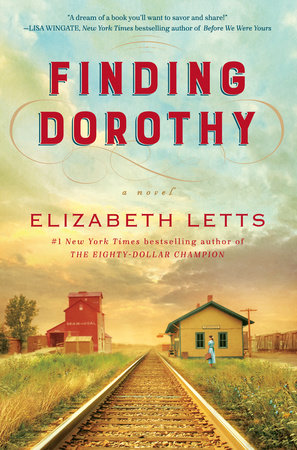 The book is fast paced, consistently engaging, and is often very funny. It comes across as light and easy, but amidst the intriguing mix of Vivian’s self-deprecation and self-aggrandisement there are serious themes in the book. The key one is the relationship between female desire and male aggression. The book subtly but powerful explores the way in which women are both diminished by the men around them and the ways in which they retain and reclaim power.
The book is fast paced, consistently engaging, and is often very funny. It comes across as light and easy, but amidst the intriguing mix of Vivian’s self-deprecation and self-aggrandisement there are serious themes in the book. The key one is the relationship between female desire and male aggression. The book subtly but powerful explores the way in which women are both diminished by the men around them and the ways in which they retain and reclaim power.
Tag: fiction
A review of The Frights of Fiji By Sunayna Prasad
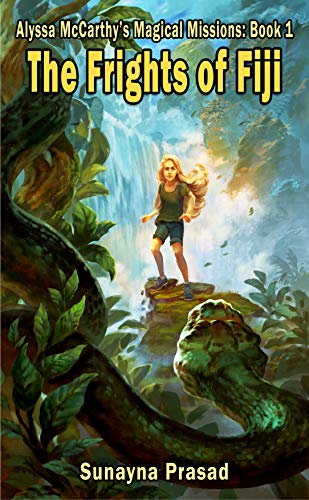 This is a well-crafted coming of age fantasy story for teenagers and young adults. It is a quick-paced story that will capture the reader’s attention and not let go until the last page has been read.
This is a well-crafted coming of age fantasy story for teenagers and young adults. It is a quick-paced story that will capture the reader’s attention and not let go until the last page has been read.
A review of Love is a Rebellious Bird by Elayne Klasson
 Why do we chose those who don’t love us back with the same intensity? Why can we not love those who are best for us? These are the central questions of Love is a Rebellious Bird. The author drops a few hints as to why Judith persists in this unequal love.
Why do we chose those who don’t love us back with the same intensity? Why can we not love those who are best for us? These are the central questions of Love is a Rebellious Bird. The author drops a few hints as to why Judith persists in this unequal love.
A review of The Wolf Hour by Sarah Myles
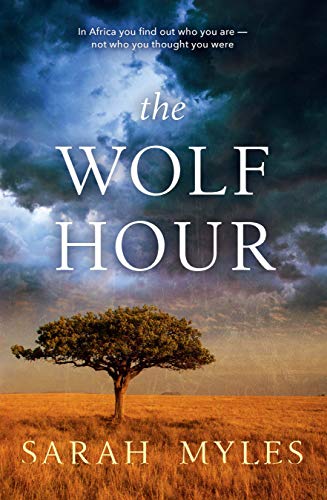 Myles builds the story in alternating chapters that explore the parents growing awareness of their adult childrens’ activities, as well as Stephen’s perspective – one that highlights the privileged upbringing that Tessa and Stephen had, but also opens a range of questions about the interconnectedness of the events that unfold.
Myles builds the story in alternating chapters that explore the parents growing awareness of their adult childrens’ activities, as well as Stephen’s perspective – one that highlights the privileged upbringing that Tessa and Stephen had, but also opens a range of questions about the interconnectedness of the events that unfold.
A review of Union Square by Adrian Koesters
 This book is reminiscent of the style of the film noir with sordid storylines, tragic antiheroes, and cynical characters but without the crime and murder element yet coloured by violence and abuse. This makes Union Square a fascinating book with its array of believable characters, their dramas and hopes.
This book is reminiscent of the style of the film noir with sordid storylines, tragic antiheroes, and cynical characters but without the crime and murder element yet coloured by violence and abuse. This makes Union Square a fascinating book with its array of believable characters, their dramas and hopes.
A review of Heathcliff: The Lost Years by David Drum
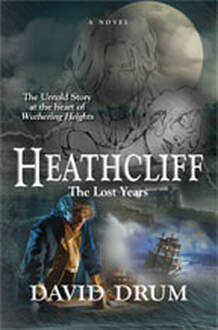 David Drum’s Heathcliff: the Lost Years has plenty of atmosphere, conflict and obsession, presented in an historical context distinct and in an accessible way. It will appeal not only to those with some knowledge of Wuthering Heights but also who anyone who likes a dramatic action-packed story.
David Drum’s Heathcliff: the Lost Years has plenty of atmosphere, conflict and obsession, presented in an historical context distinct and in an accessible way. It will appeal not only to those with some knowledge of Wuthering Heights but also who anyone who likes a dramatic action-packed story.
A review of The Returns by Philip Salom
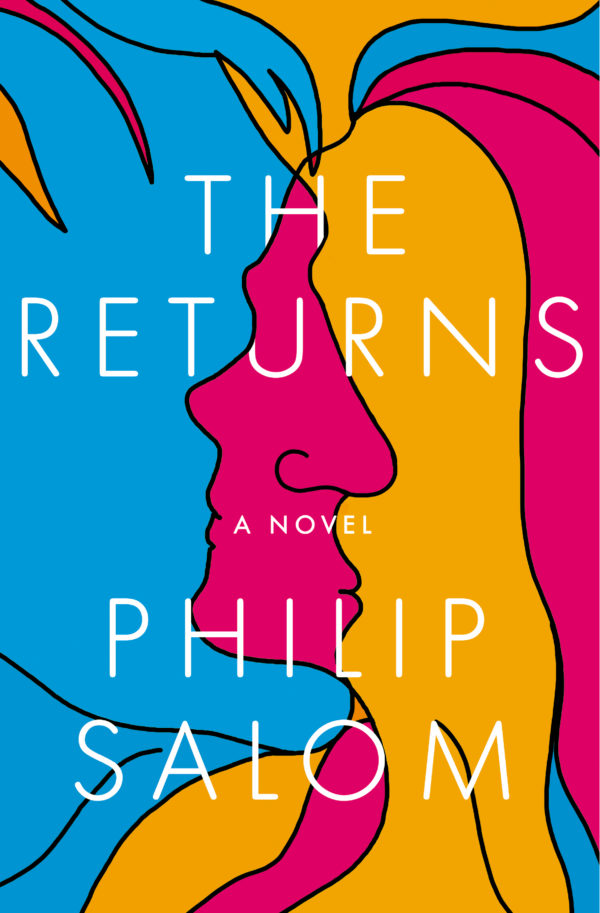 The streets of Melbourne are vividly alive in this work, and nowhere more so than in its description of the natural world around the city, from Royal Park where Trevor walks Gordon to the steel carriages tram, the graffitied buildings or the flora and fauna that is everywhere in flashes of beauty.
The streets of Melbourne are vividly alive in this work, and nowhere more so than in its description of the natural world around the city, from Royal Park where Trevor walks Gordon to the steel carriages tram, the graffitied buildings or the flora and fauna that is everywhere in flashes of beauty.
A review of Stars of Alabama by Sean Dietrich
 While the plot and the characters are engaging and profoundly well done, the writing itself is a star attraction in Stars of Alabama. Sean Dietrich can turn a phrase like nobody’s business, and his words sing with sharp images and telling details.
While the plot and the characters are engaging and profoundly well done, the writing itself is a star attraction in Stars of Alabama. Sean Dietrich can turn a phrase like nobody’s business, and his words sing with sharp images and telling details.
A review of Swan Song by Stewart Kellerman
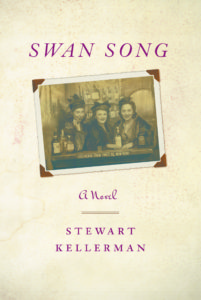 The heartwarming story of the three women friends is a unifying thread in the novel. They met as children living on Livonia Avenue in Brooklyn, and became inseparable. Kitty, “the brave one”, introduced the other two to Chinese food, and pursued her love of dance into a career at Radio City Music Hall.
The heartwarming story of the three women friends is a unifying thread in the novel. They met as children living on Livonia Avenue in Brooklyn, and became inseparable. Kitty, “the brave one”, introduced the other two to Chinese food, and pursued her love of dance into a career at Radio City Music Hall.
A review of Finding Dorothy by Elizabeth Letts
